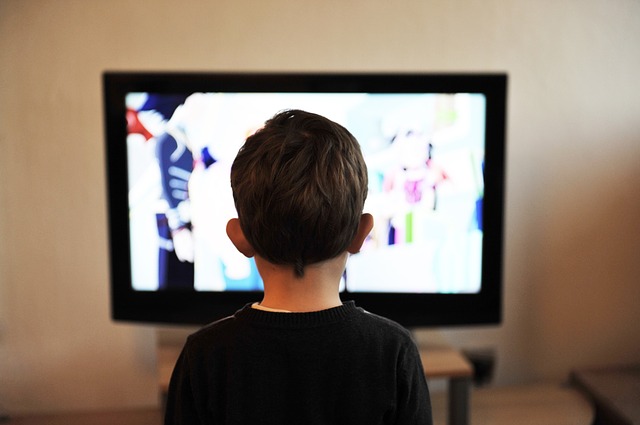For many television viewers, the most common choice to look at is cable TV. However, rising internet speeds and connectivity means that other options are now available. For example, have you heard of Internet Protocol Television, or IPTV? It’s essentially TV that comes through your internet. A high speed internet broadband connection and best wireless router on the market with long range signals are required to access IPTV and watch multiple channels.
Instead of needing a cable box fitted and the like, or a satellite dish, you just enjoy TV from your PC, laptop or tablet. In the great debate of IPTV Vs Cable TV, though, you might not be sure what is the right choice for you. Let’s help you decide.
Ease of Setup
The first thing to consider is how easy they are to set-up. According to icutcord.net, by cutting out the need for a technician to have to come fit the box, IPTV is much easier to set-up. You usually just need to download the software client that you are asked to and then run it. This means that you aren’t stuck waiting for someone to come and do the fitting, and also reduces the likelihood of having connection problems later on.
Ease of Use
There is little difference between modern IPTV set-ups and cable TV set-ups. The interface and ease of use of features such as recording are more or less neck-and-neck. So long as you use a respected IPTV platform, you will be able to get the same quality and standard of TV service as you would with cable. The layout, the features and the functionality of the modern IPTV boxes are hugely impressive, and make usability a non issue.
Video Quality
Another issue that you might worry about is video quality. Since this is basically streaming, the quality of image is often disputed. Again, good quality IPTV clients produce their content in MPEG-4 standard imagery. This allows for better video compression, resulting in crystal-clear images that move smoothly and look just as good as they would on TV.
If you worry that the video quality will suffer and you won’t make the most of your HD/4K TV, fear not.
Channel Selection
The main difference when looking at cable TV versus IPTV is the channel opportunities. With cable, you often get a lot more channels, but you get a lot of channels that you do not want. With IPTV, you tend to have less selection but more choice in terms of things you actually want. Therefore, users tend to find that they get less quantity, but better quality, with IPTV, resulting in a fairer and more satisfying end-result for the user.
Price
Lastly, pricing is much more affordable on standard IPTV subscription packages. Unless you choose to get every extra and add-on going, IPTV is almost always cheaper than cable TV. The fact you can customise your packages far more means that you often get exactly what you want, meaning that you pay a price that feels in-line with what you actually use.
So, when it comes to affordability, you’d need to take on a huge amount of extras to make IPTV as expensive as standard cable TV. Add in the fact you can often get more than one user simultaneously per account, and it’s easy to see why IPTV is very much winning the war against cable TV.

